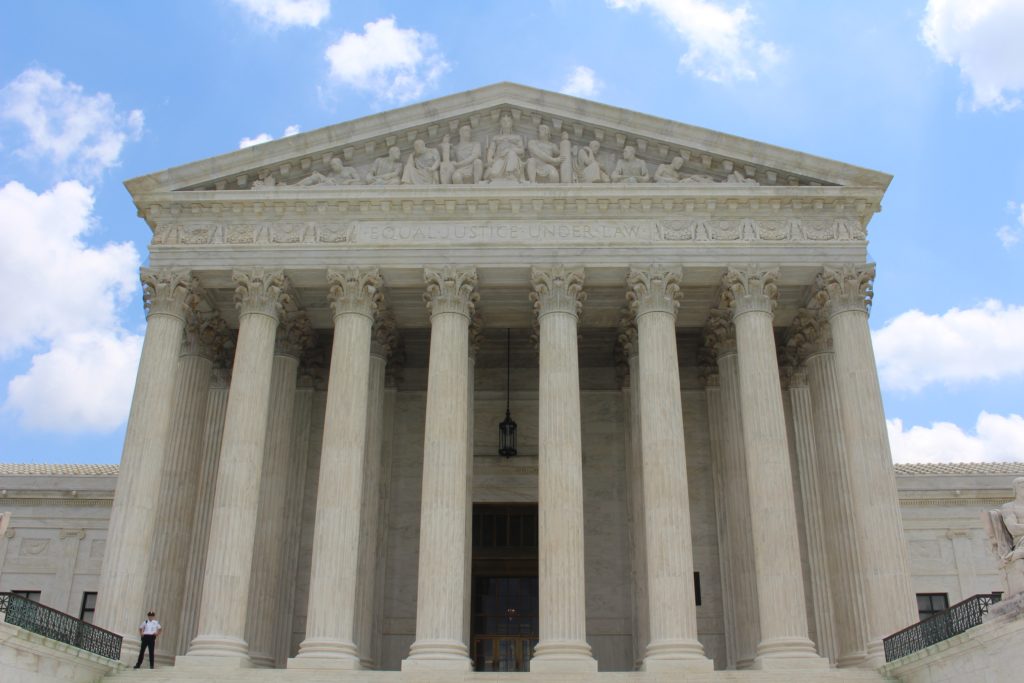Homeowners associations (HOAs) are designed to enhance property values and create vibrant communities. But when disagreements arise, the result can be frustration, stress, and even costly legal battles. Whether you’re a homeowner facing an HOA dispute or an HOA board member seeking guidance, McGrath Law Firm is here to help you navigate the complex landscape of HOA law.
The Rise of HOAs and the Potential for Conflict
HOAs have become increasingly common in South Carolina, encompassing a wide range of communities from gated subdivisions to condominium complexes. While HOAs provide numerous benefits, such as maintaining shared amenities and upholding community standards, the complex network of rules and regulations can lead to conflicts between homeowners and their associations.
HOA governing documents often delve into minutiae, regulating everything from paint colors and fences to parking restrictions and pet policies. These intricate rules, coupled with financial responsibilities and the potential for miscommunication, create fertile ground for disputes.
Common Flashpoints in HOA Disputes
- Maintenance and Repairs: Disagreements over who is responsible for maintaining common areas, such as pools, tennis courts, and landscaping.
- Fees, Assessments, and Fines: Disputes over the amount or legitimacy of fees, special assessments, or fines imposed by the HOA.
- Enforcement of Rules: Conflicts arising from the enforcement (or lack thereof) of HOA rules and regulations regarding property upkeep, architectural changes, and other community standards.
- Financial Transparency: Homeowners may struggle to obtain financial reports from their HOAs or face excessive fees for access to these documents.
- Board Elections and Governance: Disputes over the election process, board member conduct, or decision-making procedures.
Why Seek Legal Counsel for HOA Disputes?
HOA disputes can quickly escalate, leading to costly litigation that burdens both homeowners and the association. Seeking legal counsel early in the process can often prevent disputes from spiraling out of control.
McGrath Law Firm’s experienced attorneys can help:
- Interpret HOA governing documents: We’ll analyze your HOA’s bylaws, covenants, and other documents to determine your rights and obligations.
- Negotiate with the HOA: We’ll advocate for your interests and seek fair and reasonable solutions through negotiation and mediation.
- Litigate if necessary: If a resolution cannot be reached through negotiation, we’re prepared to represent you in court and protect your rights.
- Offer Alternative Dispute Resolution: Our team includes skilled mediators and arbitrators who can guide both parties toward a faster, more cost-effective resolution.
Your HOA Dispute Solution Starts Here
If you’re facing an HOA dispute in South Carolina, don’t navigate the complex legal landscape alone. McGrath Law Firm is dedicated to providing knowledgeable and compassionate legal guidance to homeowners and HOAs alike.
Contact us today for a consultation. We’ll listen to your concerns, assess your options, and develop a personalized strategy to help you achieve a favorable outcome.
Remember: Don’t let an HOA dispute disrupt your peace of mind. With McGrath Law Firm by your side, you can confidently navigate the challenges and protect your rights as a homeowner.




